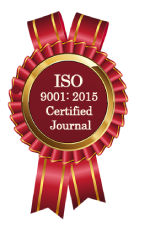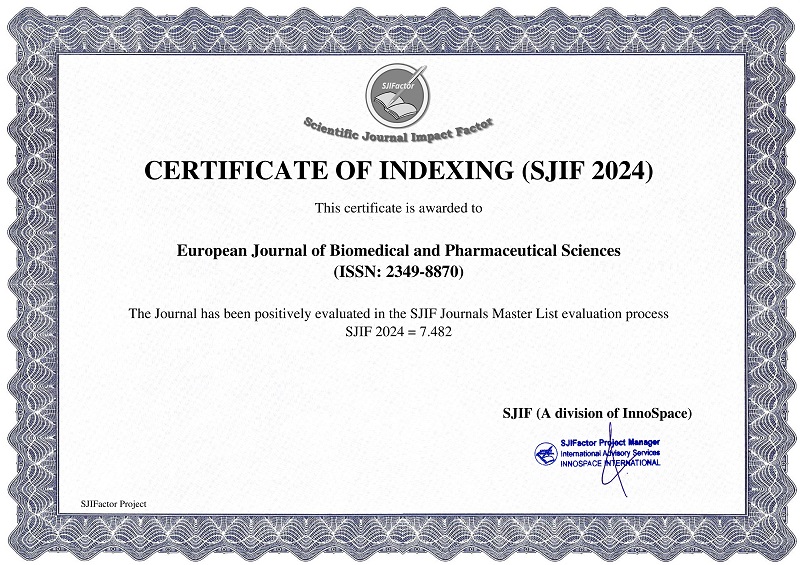ZERO GRAVITATIONAL DOMAIN IN SPACE THROWS OPPOSITE BIOCHEMICAL RACE
*Kushal Nandi, Arunava Chandra Chandra, Dr. Dhrubo Jyoti Sen, Dr. Dhananjoy Saha and Angshul Saha
ABSTRACT
About 3.5 million years ago our human life was started on planet earth but what’s our origin we don’t know. From the ancient time human was very curious about space and they always gather new evolving knowledge from space. In the 20th Century May 5, 1961 Russia was successfully able to send their cosmonaut (astronaut) into space. Therefore, many astronauts were going & staying in space. But their health is the main issue in space at low temperature &zero gravity. But our scientists are found the solution and our assonant health and their problem is maintained. In this article, we are talking about how human health is to vary in Space, in critical conditions & their effects. Venturing into the environment of space can have negative effects on the human body. Significant adverse effects of long-term weightlessness include muscle atrophy and deterioration of the skeleton (spaceflight osteopenia). Other significant effects include a slowing of cardiovascular system functions, decreased production of red blood cells, balance disorders, eyesight disorders, and changes in the immune system. Additional symptoms include fluid redistribution (causing the "moon-face" appearance typical in pictures of astronauts experiencing weightlessness), loss of body mass, nasal congestion, sleep disturbance, and excess flatulence. The engineering problems associated with leaving Earth and developing space propulsion systems have been examined for over a century, and millions of hours of research have been spent on them. In recent years there has been an increase in research on the issue of how humans can survive and work in space for extended and possibly indefinite periods of time. This question requires input from the physical and biological sciences and has now become the greatest challenge (other than funding) facing human space exploration. A fundamental step in overcoming this challenge is trying to understand the effects and impact of long-term space travel on the human body.
Keywords: NASA, ISRO, Space station, Astronaut, EMU, Atrophy.
[Full Text Article]
[Download Certificate]


 Impact Factor : 8.181
Impact Factor : 8.181 






